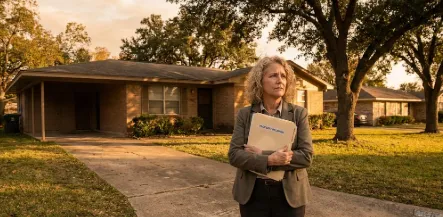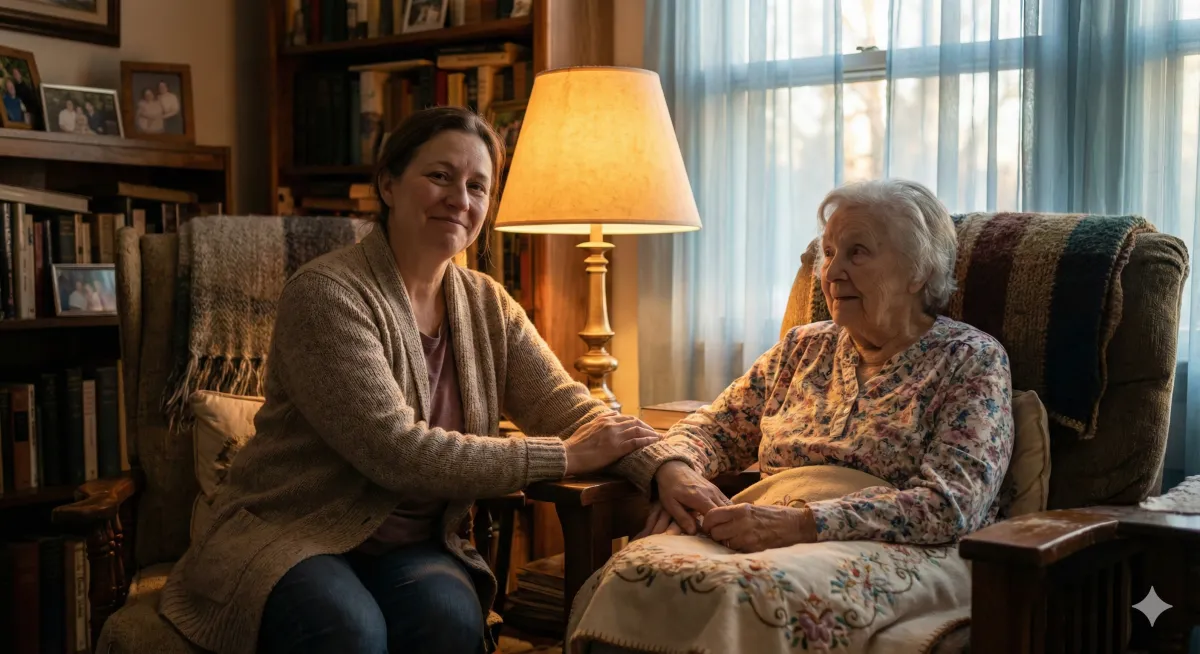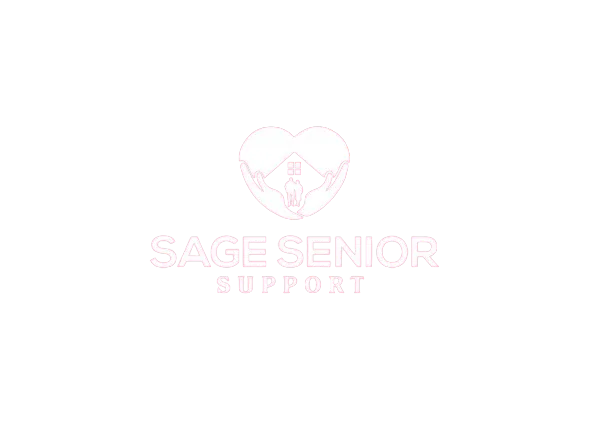Selling a Parent's House in Haltom City, TX: A Complete Guide for Families Facing Care Decisions or Inheritance
Complete guide for families selling a parent's Haltom City home—whether funding assisted living or settling an estate. Probate, taxes, and selling options explained.






